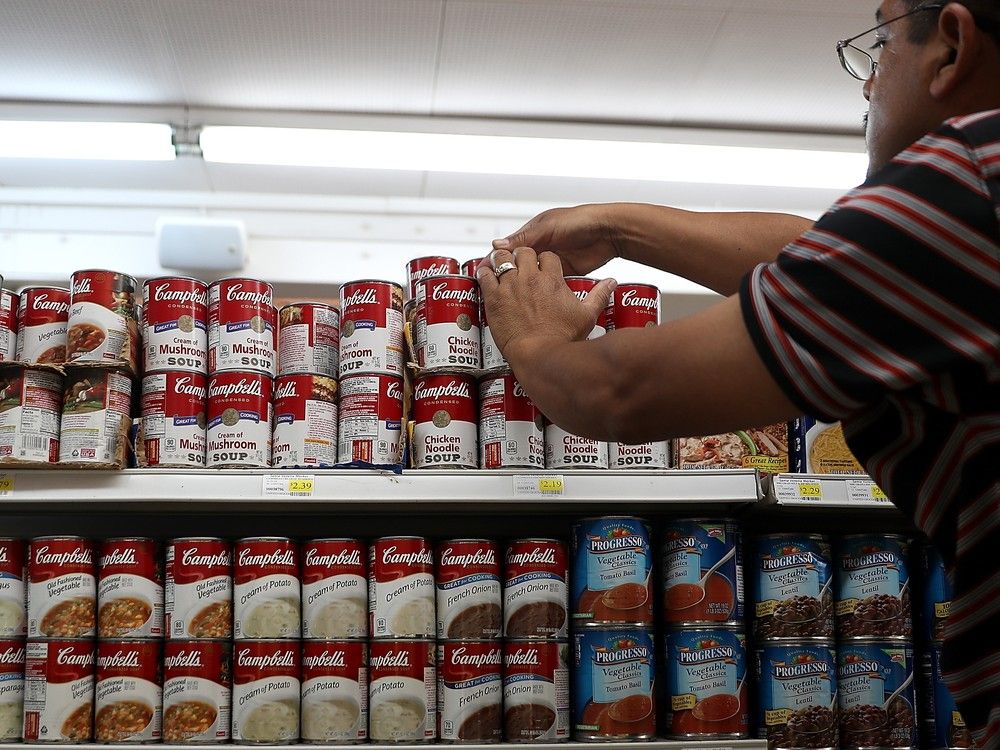
Article content
The City of Toronto’s shelter system is still guided by radical policies that encourage the city to hire active drug addicts to staff their programs, push for drugs and drug kits to be provided in abstinence-based facilities and even require that all shelters with children residing in them provide drug services.
THIS CONTENT IS RESERVED FOR SUBSCRIBERS
Enjoy the latest local, national and international news.
- Exclusive articles by Conrad Black, Barbara Kay and others. Plus, special edition NP Platformed and First Reading newsletters and virtual events.
- Unlimited online access to National Post.
- National Post ePaper, an electronic replica of the print edition to view on any device, share and comment on.
- Daily puzzles including the New York Times Crossword.
- Support local journalism.
SUBSCRIBE FOR MORE ARTICLES
Enjoy the latest local, national and international news.
- Exclusive articles by Conrad Black, Barbara Kay and others. Plus, special edition NP Platformed and First Reading newsletters and virtual events.
- Unlimited online access to National Post.
- National Post ePaper, an electronic replica of the print edition to view on any device, share and comment on.
- Daily puzzles including the New York Times Crossword.
- Support local journalism.
REGISTER / SIGN IN TO UNLOCK MORE ARTICLES
Create an account or sign in to continue with your reading experience.
- Access articles from across Canada with one account.
- Share your thoughts and join the conversation in the comments.
- Enjoy additional articles per month.
- Get email updates from your favourite authors.
THIS ARTICLE IS FREE TO READ REGISTER TO UNLOCK.
Create an account or sign in to continue with your reading experience.
- Access articles from across Canada with one account
- Share your thoughts and join the conversation in the comments
- Enjoy additional articles per month
- Get email updates from your favourite authors
Sign In or Create an Account
or
Article content
A reasonable person would think that these sorts of wrongheaded policies, to the degree that they existed at all, would have been phased out by now. After all, the provincial Ford government has wisely moved to close public sector drug injection sites close to schools and daycares and is pivoting towards programs that push for treatment over maintaining addictions.
Article content
Article content
Article content
Likewise, the general public and politicians across the country have recognized that we’ve gone too far in the direction of “harm reduction” — with the drug crisis only worsening, too many lives lost and our downtown neighbourhoods suffering from collateral damage.
Article content
By signing up you consent to receive the above newsletter from Postmedia Network Inc.
Article content
They recognize the need to swing back to common sense policies. But the same can’t be said of the City of Toronto, where its shelter services department is supposed to be guided by a truly shocking “ten point plan” written by staff from Toronto Public Health.
Article content
When it comes to hiring drug addicts at facilities, the document says that: “Shelter programs should plan for the intentional integration of people who use drugs into their staff team.” Paid duties can include helping friends shoot up.
Article content
Drug dealers are drawn to the vicinity of injection sites because that’s where they find their client base. If a shelter has active drug users employed on site, this suggests that even staff will be liaising with dealers.
Article content
Article content
It’s this sort of twisted attitude that got us to the point where a staff member at the Leslieville drug site was criminally charged for helping a drug dealer when a young mother was killed in drug warfare crossfire as opposed to helping the actual victim.
Article content
Article content
They also seem to want to ruin the chances of people to keep clean. “Abstinence-based shelters are an important option for some people in the shelter system with lived and living experience of drug use,” the guide notes. “While these programs may not directly provide the fullest spectrum of harm reduction services, they remain accountable for employing a harm reduction approach, ensuring that their residents who use drugs are enabled to do so in the safest ways possible.”
Article content
An abstinence-based shelter would be one where people are not supposed to be doing drugs. They are abstaining. So, no, the people in these shelters should not be “enabled” to use them and yet here we have a city guidebook telling them to make it happen.
.png)
 23 hours ago
6
23 hours ago
6






























 Bengali (BD) ·
Bengali (BD) ·  English (US) ·
English (US) ·